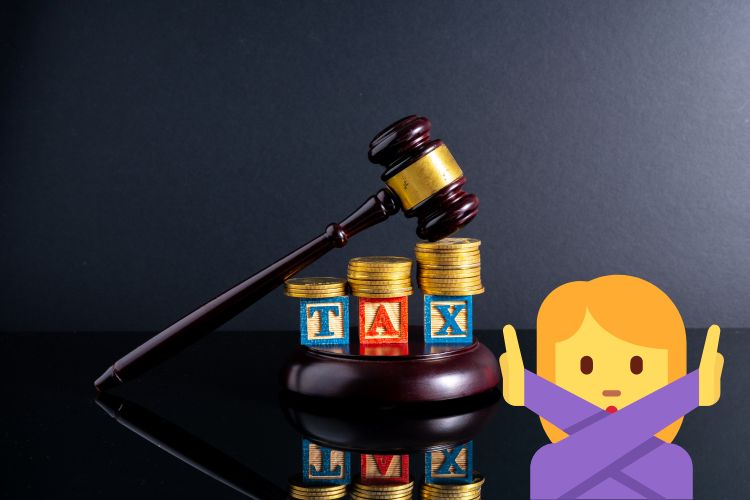
The Cold Truth: Why Storing Your Crypto in Cold Storage is Crucial for Security and Tax Implications
Security and tax implications are crucial concerns for investors in the constantly changing realm of cryptocurrency. Understanding the importance of cold storage for your crypto holdings is essential as digital assets continue to gain popularity.
In this blog post, we’ll explore the benefits of using cold storage and how it can impact your tax situation.
The Security of Cold Storage: An Impenetrable Fortress

Cold storage refers to keeping your cryptocurrency offline, away from the reach of online hackers and vulnerabilities.
Cold storage solutions such as hardware wallets or paper wallets offer high security for your digital assets by being offline and not vulnerable to cyber-attacks, unlike hot wallets connected to the internet.
1. The Unhackable Haven

Storing your cryptocurrency in cold storage eliminates the risk of unauthorized online access. Hardware wallets, for example, are physical devices that store your private keys and allow transactions without exposing those keys to the internet.
Paper wallets provide a simple and secure method to store your cryptocurrency by printing the required details on paper, despite being less convenient.
2. Peace of Mind in a Volatile Landscape

The volatile nature of the crypto market can be stressful enough without the added worry of potential theft. Cold storage reassures investors that their investments are secure from common digital asset risks.
Tax Implications of Cold Storage: A Safe Haven for Your Assets, Not Your Tax Obligations

While cold storage provides unparalleled security, it’s essential to understand that it does not exempt you from tax obligations. How you manage your crypto can have significant tax implications.
1. Holding vs. Transacting: The Tax Perspective

The act of transferring your crypto into cold storage is not a taxable event. However, it’s crucial to maintain detailed records of your transactions. The IRS treats cryptocurrency as property, meaning capital gains and losses rules apply.
When you sell or exchange the cryptocurrency stored in cold storage, you must report any capital gains or losses on your tax return.
2. Long-Term Holding Benefits

Cold storage offers tax advantages due to the possibility of long-term capital gains. If you hold your crypto for more than a year before selling or exchanging it, you may benefit from reduced tax rates on your gains.
Cold storage naturally encourages long-term holding, as it’s less convenient for frequent trading, positioning investors for these potential tax benefits.
3. Record-Keeping: The Key to Compliance

Keeping detailed records is crucial for tax compliance, no matter where you store your cryptocurrency. This includes dates of transactions, fair market values at the time of transactions, and the purpose of each transaction.
Accurate record-keeping is essential for calculating the taxes owed on any sales of your cryptocurrency assets.
Conclusion
Cold storage is a wise choice for securing cryptocurrency investments against online threats. It provides strong protection and can encourage long-term investments that result in better tax treatment.
Nevertheless, it is crucial to remember that tax responsibilities persist even within the safe cold storage environment. Knowing how holding and trading crypto affects your taxes is as important as keeping your assets safe.
Seeking help from a tax expert can give you peace of mind and ensure you follow the rules. They can provide you with advice that is specific to your situation and help you confidently handle the complexities of cryptocurrency taxation.
